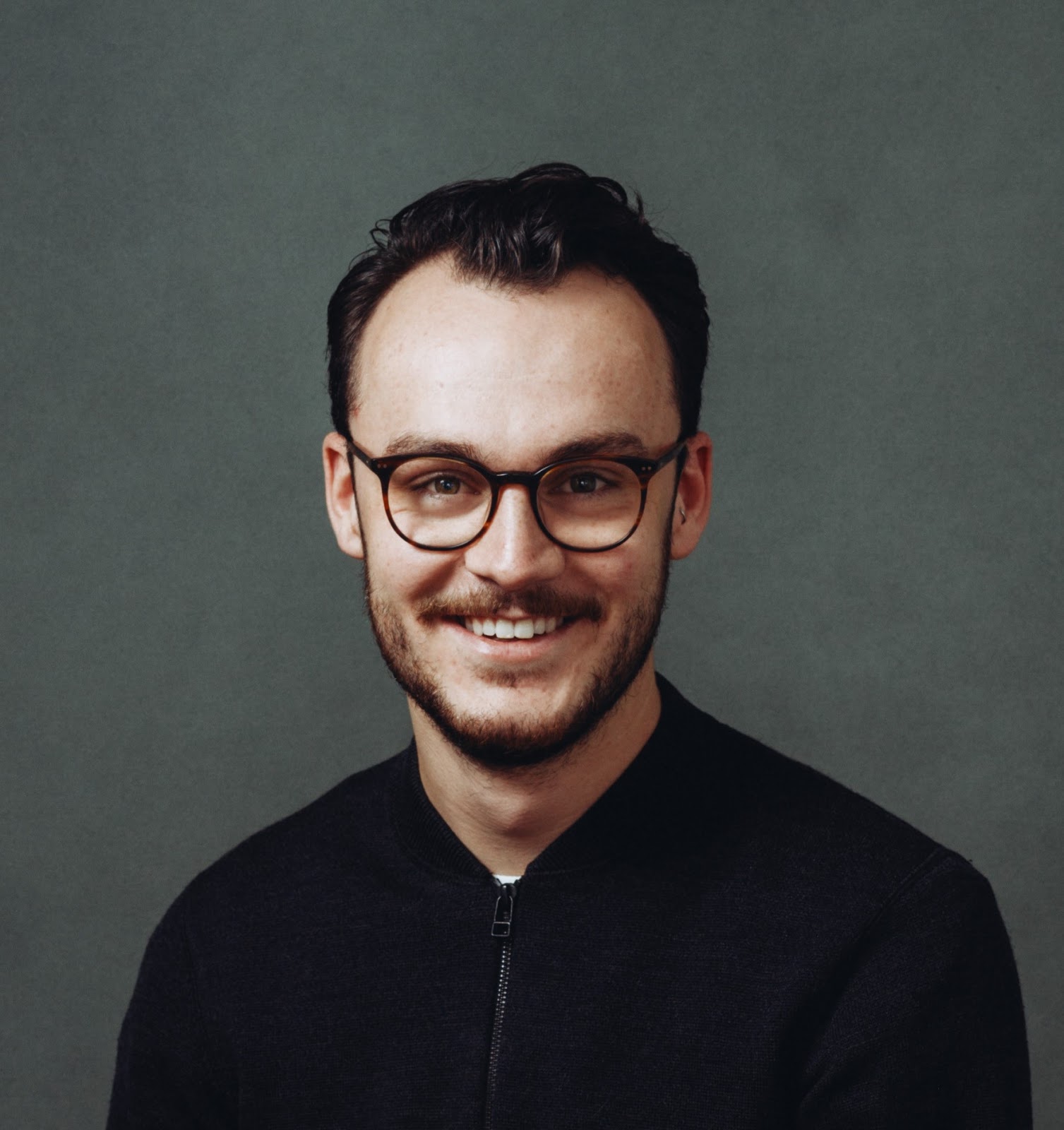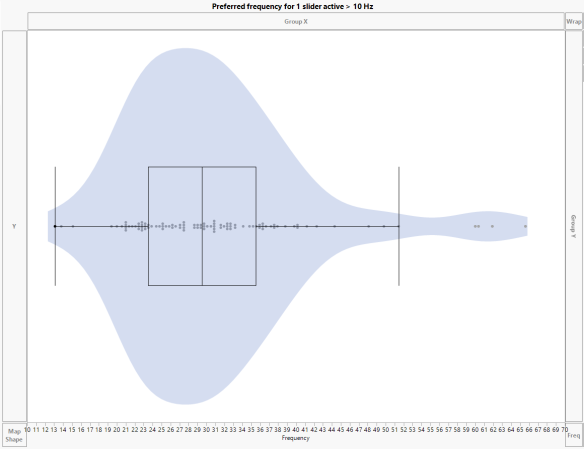Positive Artificial Intelligence vibes
Willem van der Maden recently started his PhD position at Industrial Design Engineering (TU Delft), focusing on ‘Positive AI’. We caught up with him briefly to ask him about his goals at IDE and what we might expect to see come out of several AI projects of the faculty.
Congratulations Willem, we heard you just started your PhD on 'Positive AI'. What does that mean?
Thanks! Yes, I'm hoping to apply principles of positive psychology to the design of AI (Artificial Intelligence) systems. How might we design AI to contribute to human wellbeing and happiness? We know we don't want AI taking our jobs or turning us all into paperclips, but how do we want it to act?
Talk us through your first day as a PhD student
After getting set up in the world famous ID Studiolab, I started analysing data we collected during Dutch Design Week in October. DfI students had created a full-body, vibroacoustic 'sound healing' experience that people really found relaxing (Design United for Dutch Design Week).
I had helped this group by creating a digital interface to give people control of different vibration settings. Then, we used the UI (user interface) to record what vibration patterns people spent the most time in. Their voluntary time spent in different frequencies serves as evidence for the vibrations they find most aesthetically pleasant. I love the work of Paul Hekkert in Empirical Aesthetics and I am curious if there is a sense of haptic consonance and dissonance, just like you can hear in sounds. So, yesterday I created some fun visualisations in JMP (Joint Master Project) to see what vibration combinations people most prefer.

Then, I helped postdoc Haian Xue and assistant professor Derek Lomas (my promoter) with a new paper on the role of harmony and resonance in interaction design. Harmony is a really old theory of value -- and we think it has implications for design, maybe even for future AI systems.
Keeping busy! Are there other design research projects you'd like to share?
Well, I'm meeting up with our Vibe Research Lab group. We are designing a vibrating blanket that uses AI to help people fall asleep. I'm helping with the data collection UI.
Another project I'm working on is a collaboration with the Indian Institute of Technology in Gandhinagar. We are using convolutional neural networks to characterise the electronic activity response to musical experiences using Electroencefalography, or EEG, where we place electrodes on people’s scalps. We have created a dataset of people listening to music and then trained machine learning models to predict what song a person was listening to, based on their brain wave activity.
So, musical mind reading? You are literally reading people's mind?
Haha, yeah, but isn't that what musicians do? I really enjoy this project, since I like to DJ on the weekends and I've often thought about what's going on inside people's heads as I play.
What's your background, coming into this?
Most recently, I've been working with Pieter Desmet at Emotion Studio in Rotterdam. That’s probably not too surprising, as a lot of the projects I’m working on now are inspired by his work on positive design.
I actually started out in Industrial Product Design, but decided I was more interested in psychology and neuroscience. So, after 2 years, I left Industrial Product Design and went to the Utrecht University to major in Cognitive and Neurobiological Psychology. But, since studying and finding out more each day is way too much fun, I decided to stretch out my bachelor’s degree by one year and also complete a major in Philosophy of Aesthetics. Finally, I completed my master’s degree in Applied Cognitive Psychology.
What was your master's thesis subject, if we may ask?
It was on the concept of positive emotional granularity. My main goal was to extend the Emotion Typology by adding positive emotions to Steven Fokkinga’s negative emotion typology.
Ok, final question… you started in design and then went to cognitive psychology… and now you are back in design. Why?
Well, I love it all. I guess I realised that I could study psychology and neuroscience through industrial design research. And Delft is a perfect place for that, I’m happy to be back.
